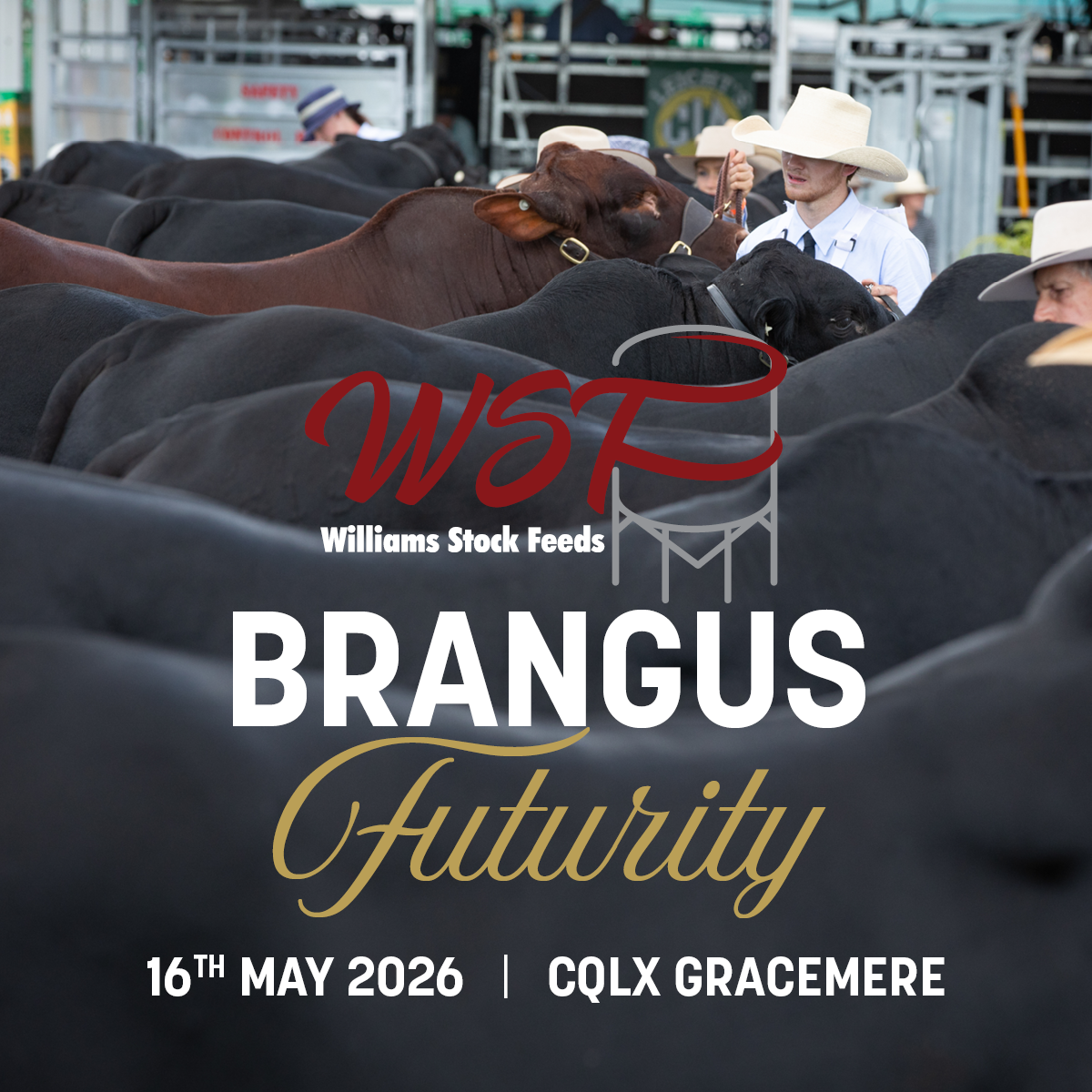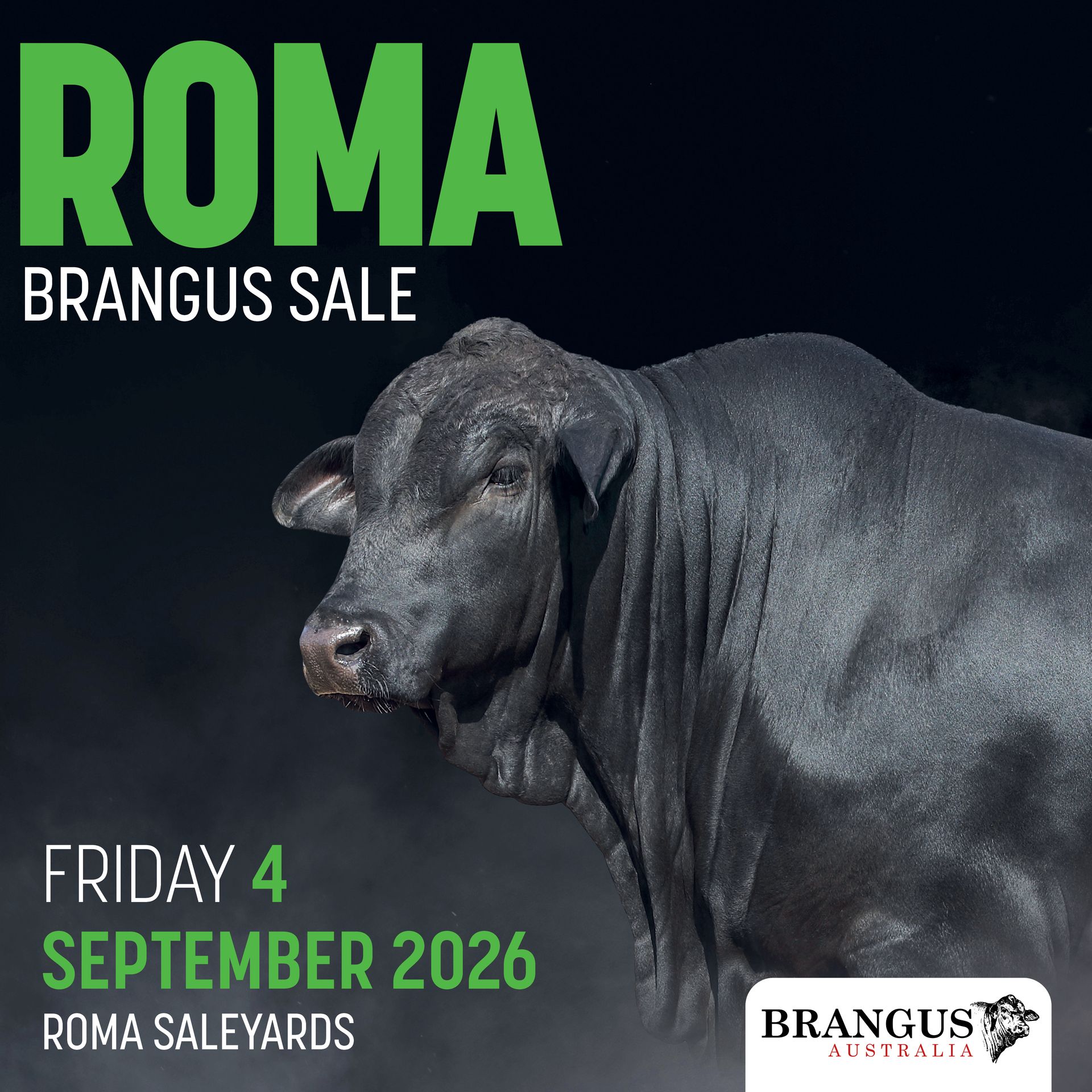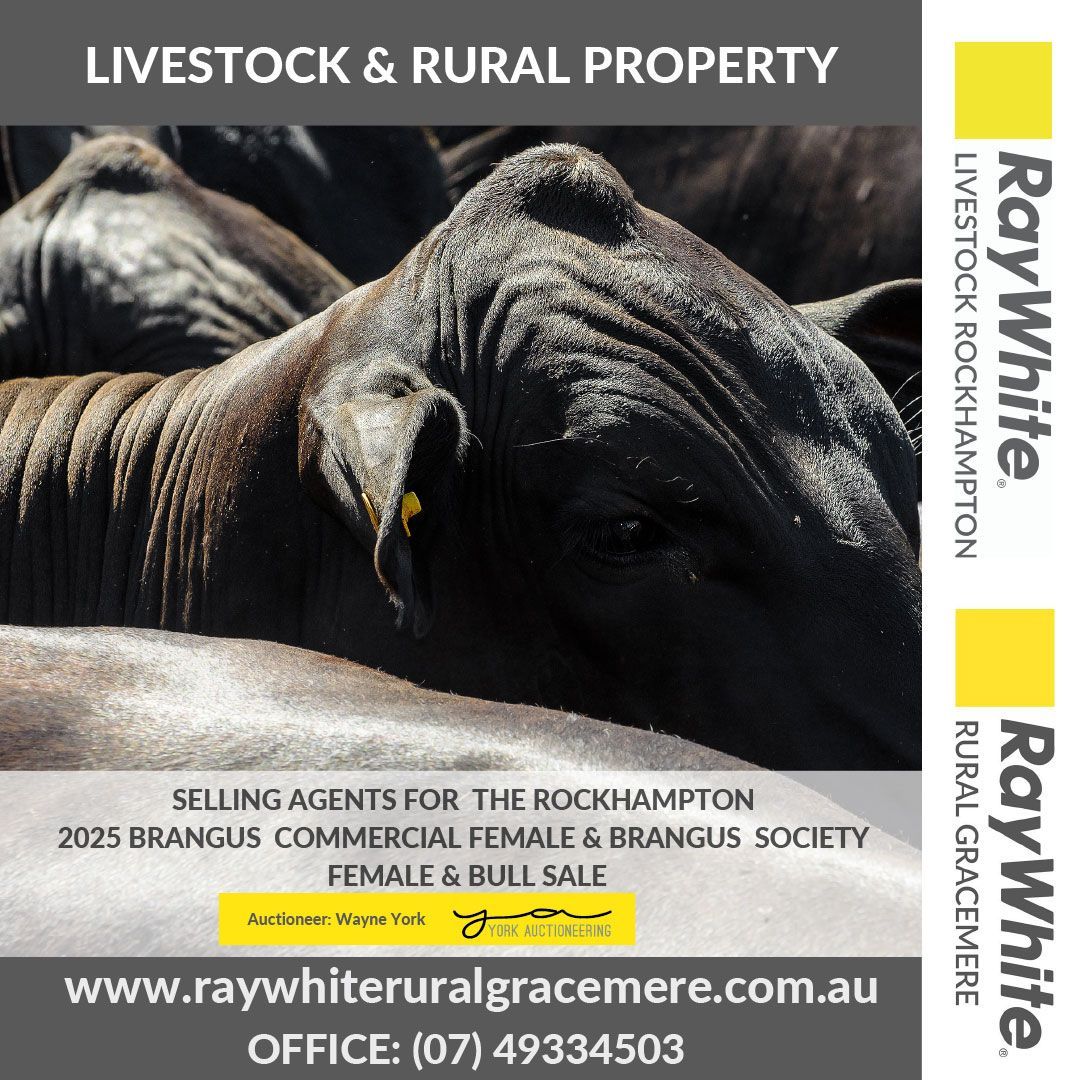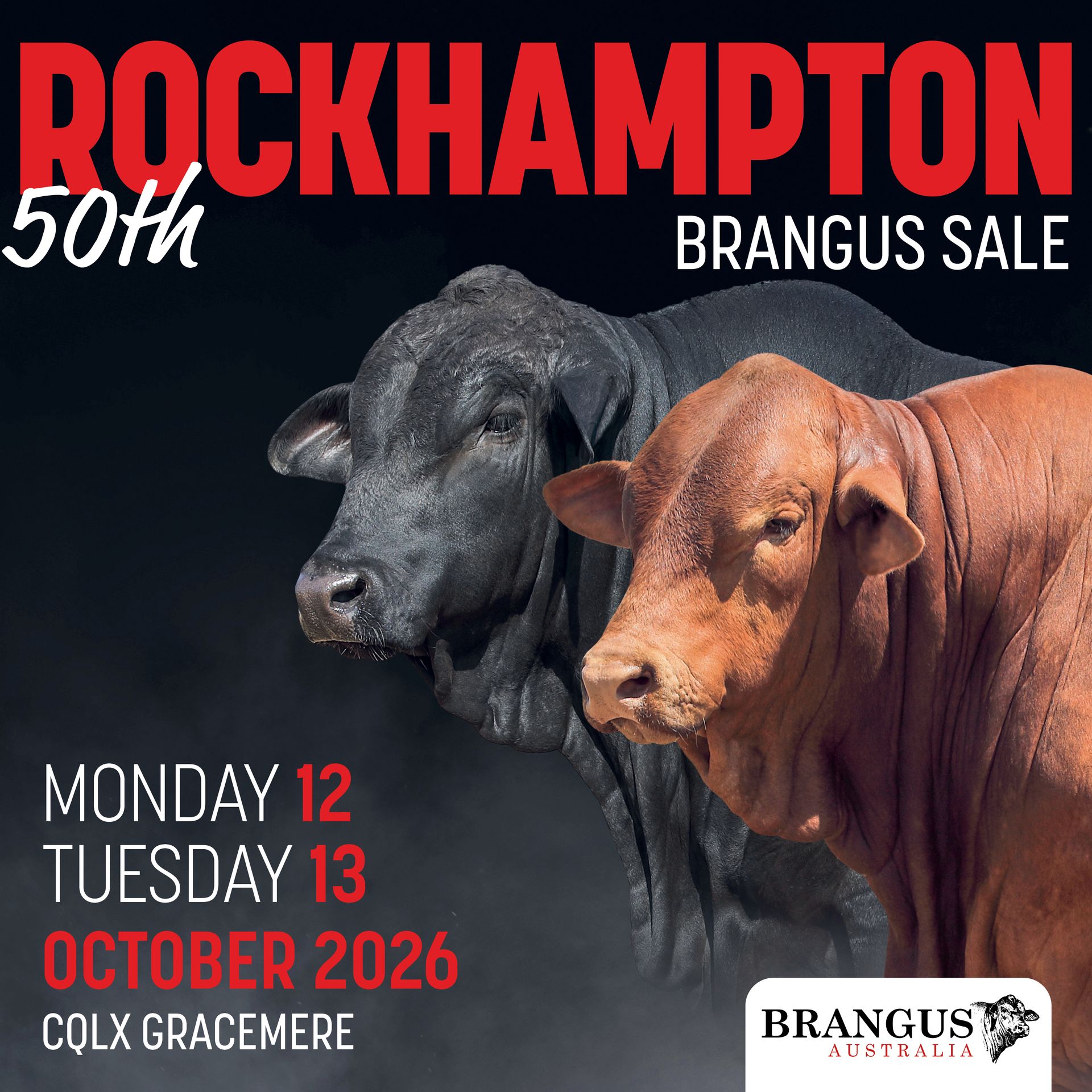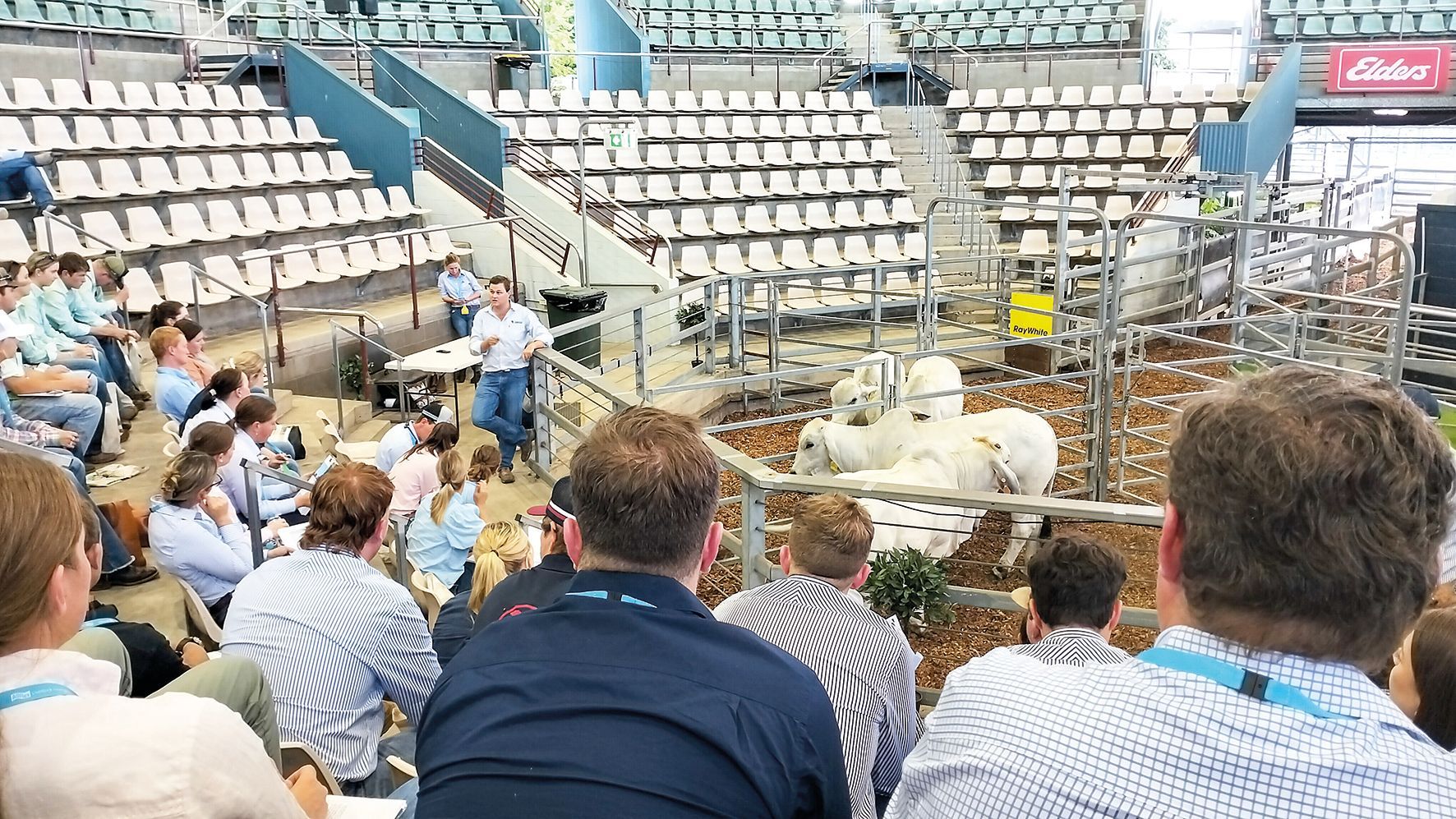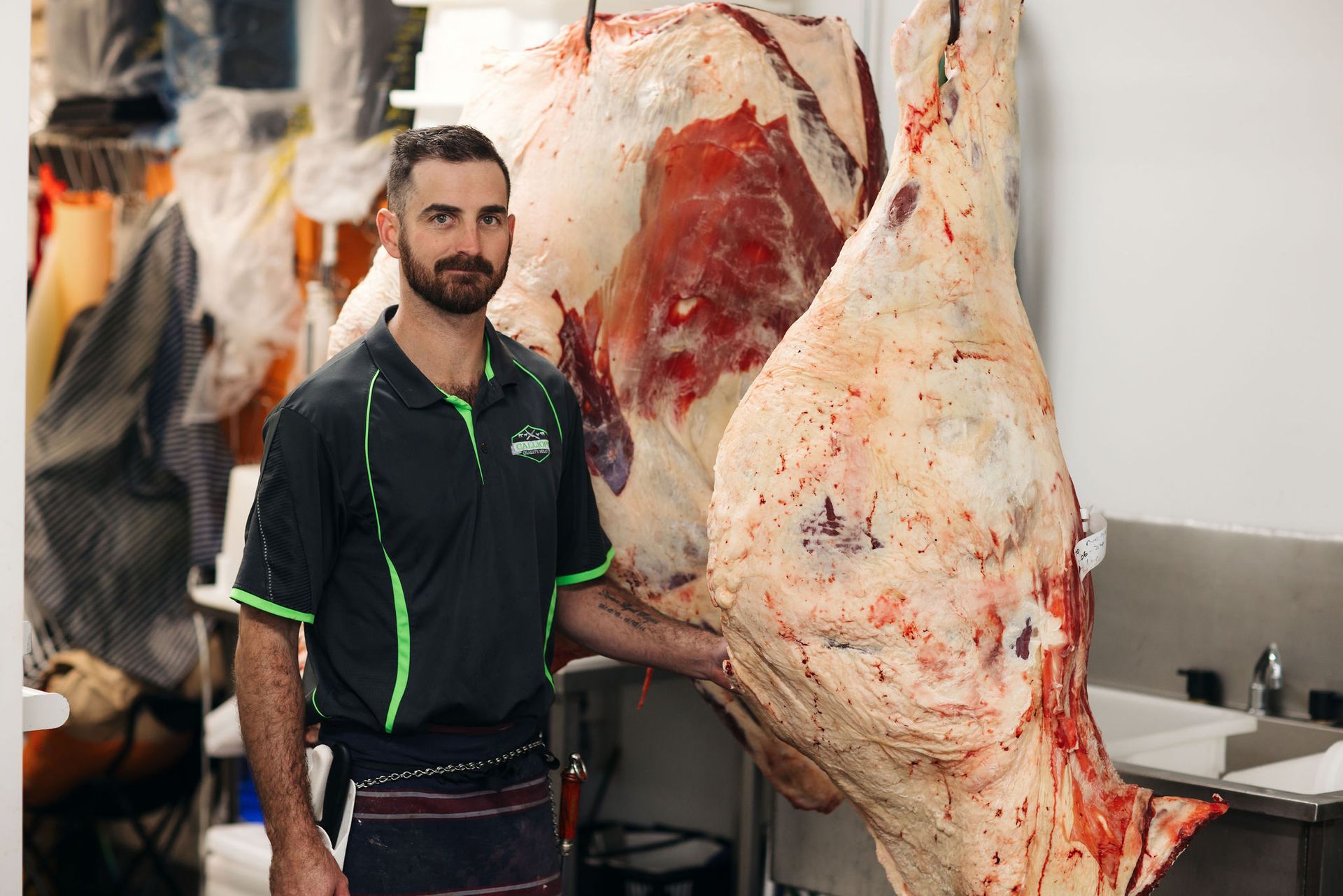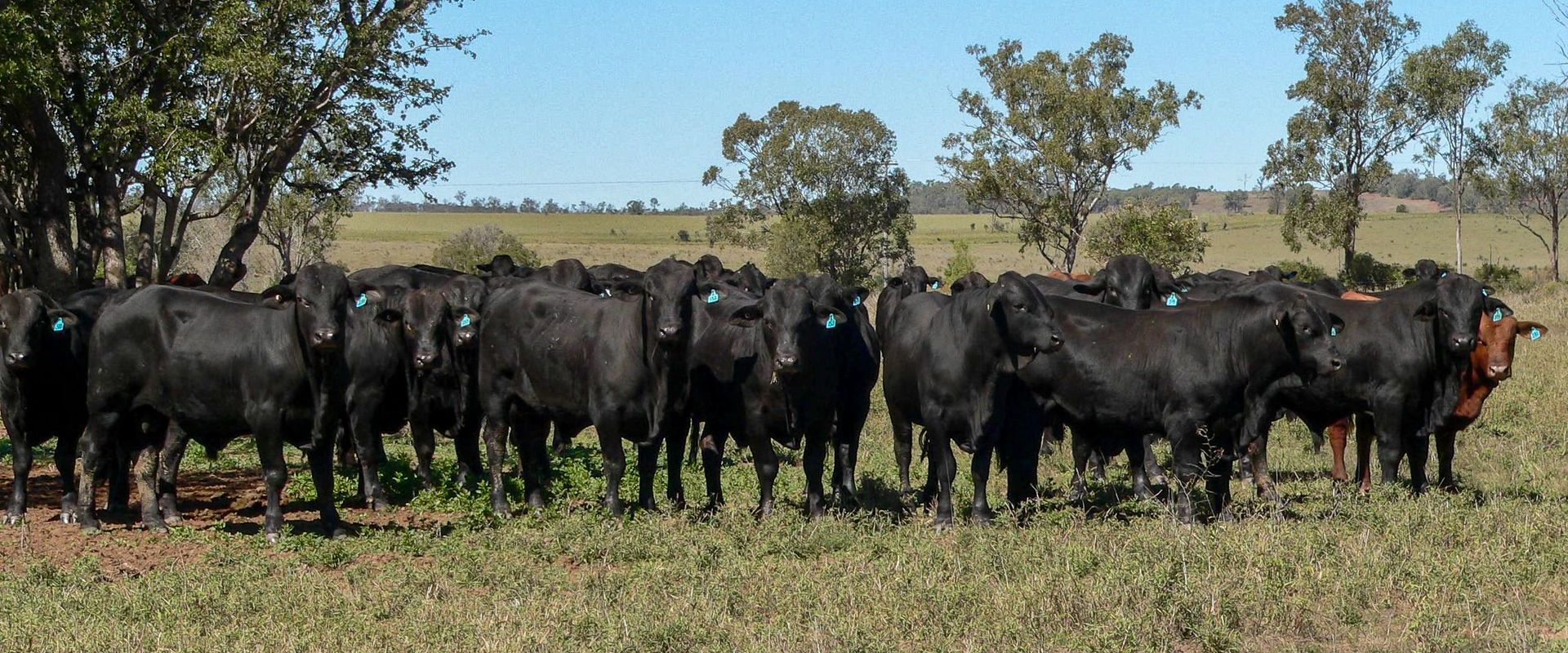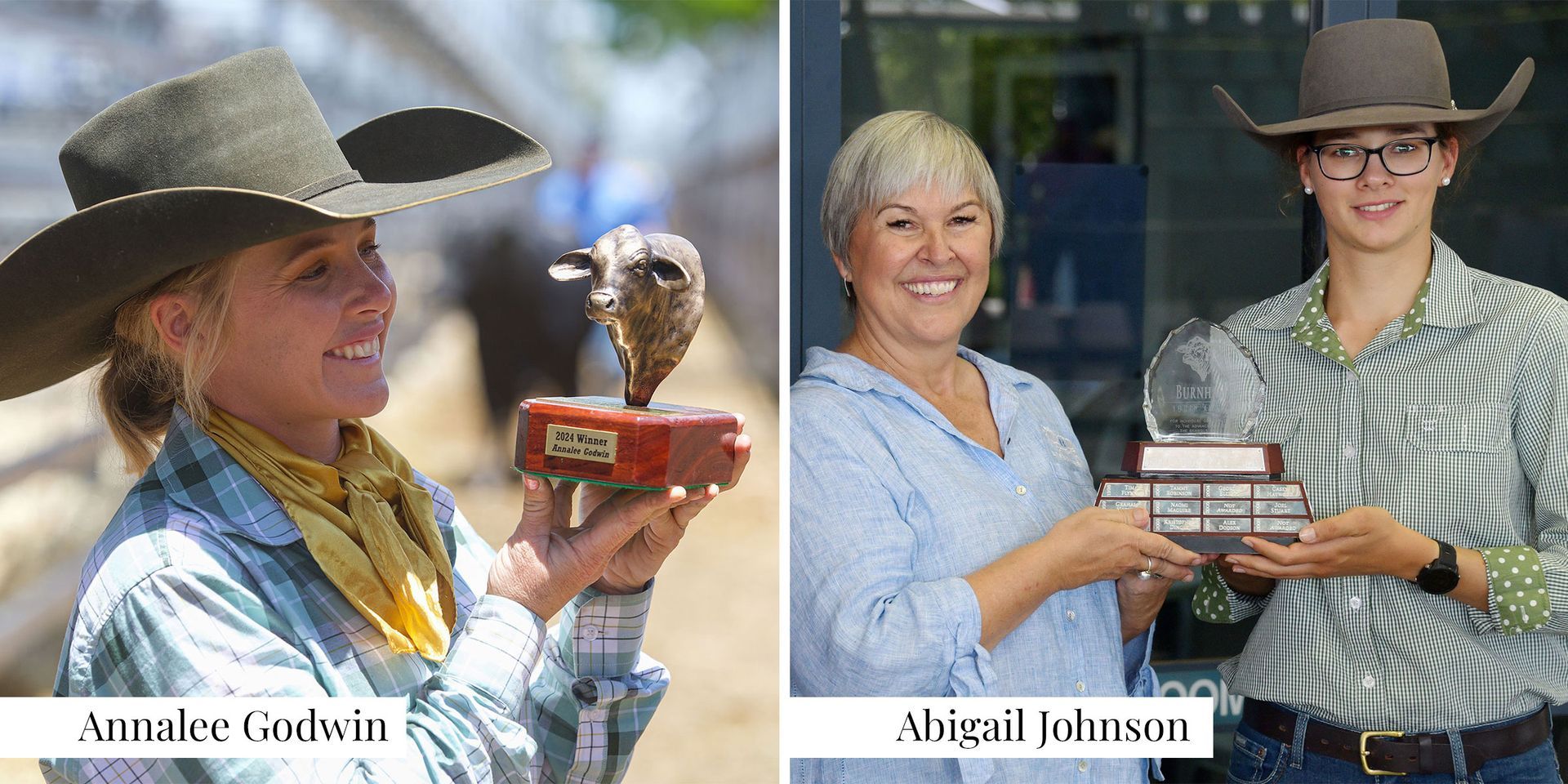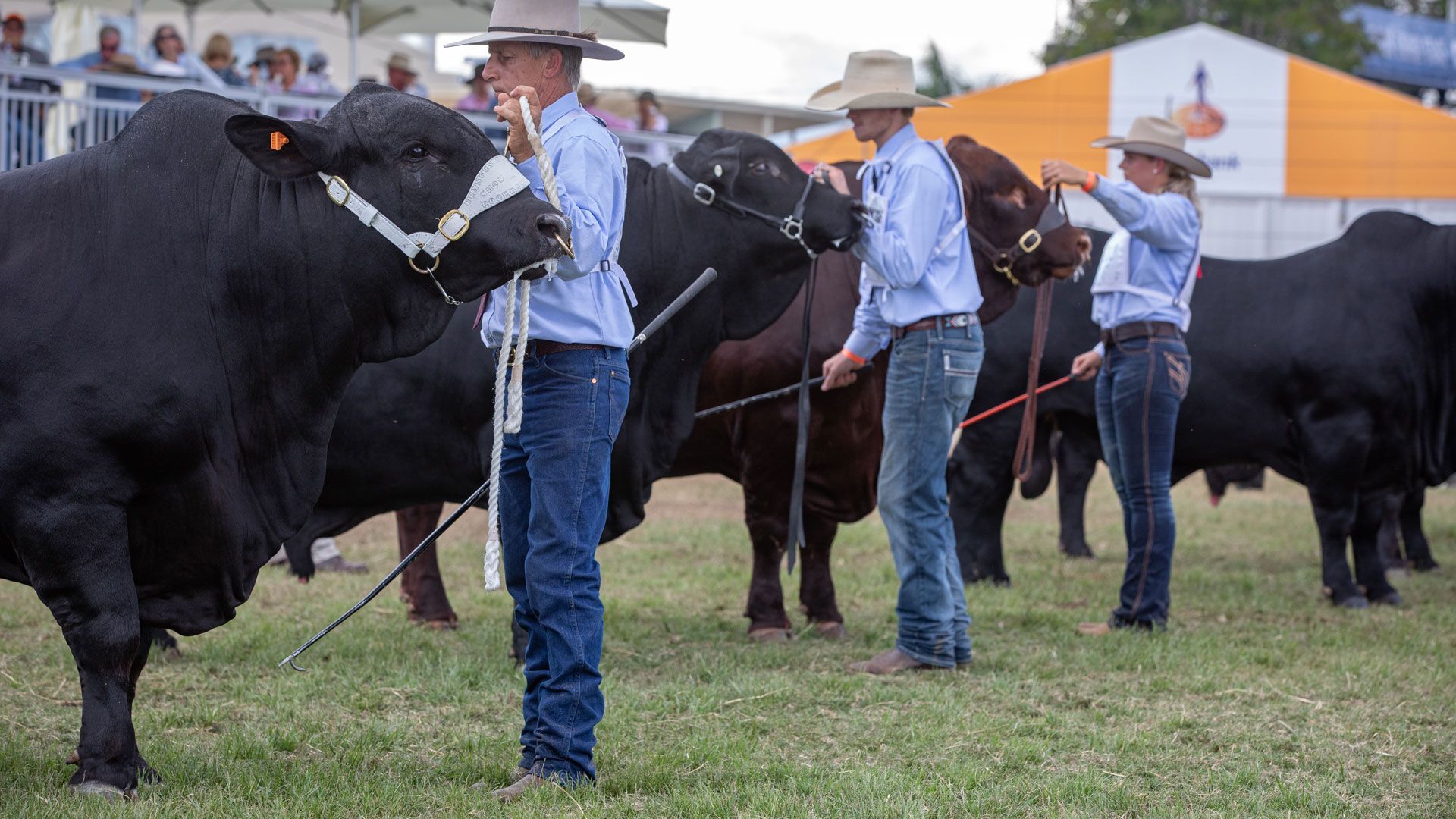Johne's Disease Barriers to Come Down
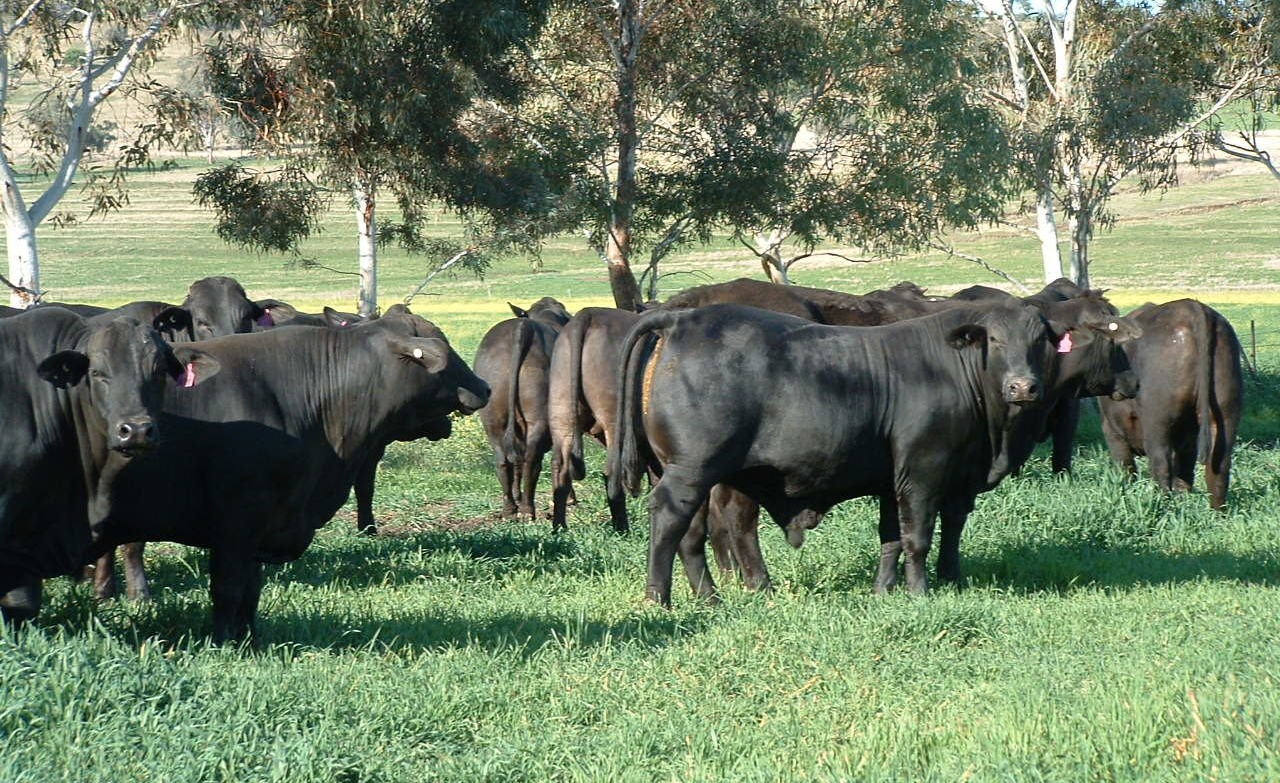
WESTERN Australia's cattle industry is set to deregulate management of Johne's disease (JD) Cattle Strain (C-strain), aligning regulatory controls with the rest of Australia.
The decision comes after the chronic wasting disease was confirmed in a homebred cow on a southern WA property in September.
An investigation carried out by the Department of Primary Industries and Regional Development (DPIRD) confirmed that JD C-strain had been present on the property at "a very low level" for at least eight years and tracing indicated cattle had moved to hundreds of properties within WA.
The original source of infection could not be determined and it may have been another WA property.
DPIRD and WA cattle industry representatives will meet in the coming weeks to determine what needs to be done to support industry, as well as the timeframe for the transition to deregulation.
Changes to conditions were detailed in a letter issued by DPIRD last Wednesday, which has received mixed views among WA breeders and industry representatives.
The letter stated that DPIRD and WA industry agreed it "was not technically feasible or economic to eradicate JD C-strain from WA".
DPIRD chief veterinary officer Michelle Rodan said factors taken into account in making the decision included:
- The large number of cattle that had moved from the property to multiple properties across WA.
- The limitations of the available test and length of time it would take to determine which of the trace forward properties were positive or negative for C-strain and recognising that JD C-strain would only be present in a small number of cattle.
- The large number of properties that would be placed under surveillance and regulatory controls for up to five years while their status was determined and the social and financial impacts on those properties, most of which would not be infected.
- The estimated cost to industry of attempting eradication and the low likelihood of success given the original source of the infection cannot be determined and may have come from another WA property.
- That sheep strain of JD was endemic in WA in sheep and was increasingly being detected in cattle.
- That export markets and industry assurance schemes do not differentiate between the different strains of JD.
The decision to reduce regulatory controls for JD C-strain means WA's controls would align with the national approach to JD and the State's management of Sheep Strain (S-strain) in cattle and all strains of JD in sheep.
Dr Rodan said interstate border conditions for the importation of cattle into WA could remain.
"Aspects of the import conditions that relate to risk mitigation of JD C-strain will be amended after a transition period," Dr Rodan said.
"DPIRD is liaising with the industry JD advisory group on an appropriate transition timeframe."
What JD regulations will change for WA's cattle industry?
- WA properties confirmed to have JD C-strain won't be subject to disease regulatory instruments by DPIRD and it won't require destocking of those properties.
- Approval is being sought for registration of the Silirum JD vaccine for cattle, for use by veterinarians in WA.
- Interstate import conditions for JD will be amended after a transition period to enable WA producers to make informed decisions about the likelihood of introducing JD onto their property via interstate livestock movements.
What JD regulations will stay the same?
- Under the Biosecurity and Agriculture Management (BAM Act) 2007, detection of any strain of JD in any species in WA must continue to be reported to support certification for live export markets. As a reportable disease, anyone with a suspicion or detection of JD in livestock must report it to a BAM Act authorised inspector, such as a DPIRD field veterinary officer.
- Property of origin certification for live animal export markets have not changed.
JD is an infection with any strain of Mycobacterium avium subsp. Paratuberculosis, which includes sheep (S-strain), cattle (C-strain) and bison (B-strain).
Properties are certified at property level on their status in relation to any of these strains.
It should be noted that the national JD zones previously used for interstate trade were removed in 2016.
When asked by Farm Weekly whether or not DPIRD would be monitoring the disease or conducting random abattoir testing, Dr Rodan said that on request abattoir inspections for JD in sheep could be carried out at one of the processors in the Great Southern.
"Examining the intestines of adult sheep at an abattoir provides a practical and cost effective method of detecting JD in flocks," she said.
"Trained inspectors examine lines of adult sheep for visible signs of JD in the intestines and lymph nodes.
"When there is suspicion of JD, samples are sent to the DPIRD laboratory for testing to confirm a diagnosis."
WA producers are able to continue participating in voluntary risk profiling industry assurance schemes for cattle, including the Johne's Beef Assurance Score (JBAS), Johne's Disease Dairy Score (JDDS) and market assurance programs for sheep.
Enhanced import conditions were implemented for WA on July 1, 2021, as a result of a WA Industry Management Committee (IMC) consultation on the management of JD C-strain within the State.
Key changes to JD cattle import conditions were:
- New faecal sampling and testing requirements (not the same as the national JD in cattle guidelines) and corresponding amendments to veterinary and producer declarations.
- A requirement for the supplying property to have a veterinary-approved biosecurity plan for cattle staying within WA (not imported for slaughter or export).
- Removal of the requirements for JBAS and JDDS for cattle imported to stay in WA.
In April, WA Industry Funding Scheme Management Committee (IFSMC) chairman Steve Meerwald told Farm Weekly the conditions were based on the science of managing the increased risk of incursion due to the unregulated position of the rest of Australia.
All other States and Territories deregulated C-strain Johne's disease controls in 2016 and introduced an industry accreditation program to provide property level assurances about the disease status for Johne's disease.
Dr Rodan said after those national changes were made, the national cattle industry adopted voluntary risk-profiling industry assurance schemes, including JBAS, to assist producers to mitigate risk at a property level.
"These voluntary industry assurance schemes have been available to WA producers since then and producers need to have met certain criteria to claim an assurance score," she said.
"The industry assurance schemes are industry led and managed through Animal Health Australia."
To achieve JBAS-8, which is the highest assurance score, two successive negative sample tests must be recorded, two years apart, alongside an ongoing triennial check test.
Animal Health Australia advised that the score should only be used as a guide and producers should ask further questions about JD in the herd and other species on the property from which the cattle are sourced, rather than rely on the score alone.
Strains of JD can affect more than one species, not just the strain they are named for.
"Detection of any strain of JD in any livestock species is considered JD," Dr Rodan said.
"JD in cattle is commonly referred to as Bovine JD (BJD) and in sheep as Ovine JD (OJD).
"DPIRD has recommended producers consider what impact JD (any strain) may have on their businesses and review their biosecurity accordingly.
"DPIRD have collated resources to assist producers including information on JD, onfarm biosecurity practices, risk mitigation (biosecurity plan templates and checklists to consider in planning, assessing and managing risk) and national industry assurance programs to assist in that biosecurity planning."
Mr Meerwald said DPIRD and WA cattle industry representatives would meet in coming weeks to determine what more needed to be done to support industry.
He said the timeframe for amendments to interstate livestock import conditions for JD would also be discussed.
"When we were advised of the detection of JD C-strain and the nature of the movements from the infected property I convened an urgent full meeting of the IMC during which the committee was briefed by DPIRD on this matter," Mr Meerwald said.
"IMC then convened a JD Advisory Committee meeting to provide industry with all of the information and the recommendation from DPIRD, based on the number of properties that had received cattle from the infected property, that the industry should move to a similar status to that of the Eastern States and remove border controls as it was not technically or economically feasible to eradicate JD C-strain."
Mr Meerwald added that several industry meetings had been convened to provide information on the detection of JD C-strain in cattle in WA.
He said the meetings had also discussed the prevalence of JD (S-strain) in sheep, as well as the risk it poses to exposure of cattle to JD; technical information on why eradication was determined not feasible and measures available to producers to mitigate the risk of JD on property.
"The department is continuing to support WA industry by providing information to assist in the development of onfarm biosecurity programs to reduce the likelihood and impact of JD.
"The Cattle IMC has committed to work with DPIRD and the cattle industry to support them through this process."
According to DPIRD, a total of 12 cases of JD C-strain had been detected in WA cattle between 1952 and 2019.
Until now the most recent detection occurred in 2012.
Kapari Angus breeder and WA Angus society chairwoman Liz Sudlow, Northampton, said she was disappointed by the decision to deregulate.
"It is very disappointing that our governing body, DPIRD, appears to have taken the line of least resistance at a very early stage in the detection of one animal in WA with the BJD C-strain," Ms Sudlow said.
"With the attitude that has been taken and the response, it is inevitable the prevalence of the disease in WA will increase.
"The onus is now on the individual cattle producer to manage their own risk for the disease.
"I hope the vaccine availability is fast tracked to WA, for those who wish to use it."
Equally disappointed was Monterey Murray Grey and Angus stud principal Gary Buller, Karridale, who said he remained perplexed by the response.
"Let's go back three years ago when many herds were faecal tested for Johne's and no animals tested positive across the WA herds," Mr Buller said.
"This would tend to indicate if Johne's is present it is of very low incidence.
"Surely it would make sense to retest those herds again now, as testing is required every three years under producer's biosecurity, and access results before the chief veterinary officer throws up her arms and claims it is all too hard.
"It is my belief that the chief veterinary officer probably cried 'Hallelujah' when the case was discovered, as in all public meetings she expressed a desire to deregulate, as the Johne's program was supposedly too hard to administer."
Mr Buller likened the Johne's outbreak (with one confirmed case) to the single COVID-19 case in Melbourne and also New Zealand.
"People had to quarantine if they had contact or had visited identified hotspots," he said.
"The number of cases still increased because some people didn't take it seriously, but imagine what would happen if we followed DPIRD's handling of this Johne's case.
"No identification of where it is, no identification of close contacts or hotspots, yet the industry is being asked to put plans in place to prevent its spread.
"It is disgraceful and ridiculous in the extreme."
Mr Buller said the authorities were treating the WA cattle industry as if it was a mushroom farm.
He questioned how exposure to a disease could be mitigated if it was not known whether or not a producer had purchased animal/s from the 'mystery herd' or its contacts.
"Why is the government (DPIRD) and the chief veterinary officer so reluctant to inform industry of where the problem is?
"Surely this herd is not going to be permitted to on-sell their cattle to other herds in the foreseeable future.
"That being the case, agents and clients will soon identify where the affected herd is and the big mystery will be no more.
"So, why is the government and minister being so tardy in assisting industry in its challenge to control the spread?
"Continuing surveillance as in the past, will certainly limit JD spread far more effectively than simply relying on NVD's farm-to-farm."
Meanwhile, Pastoralists and Graziers Association of WA chairman Chris Patmore said the PGA supported border control for as long as the testing regime was able to prove there was no JD C-strain in WA.
Mr Patmore said a vital condition of this support was that the situation be immediately reviewed if a case was detected.
"Now that a case has been detected, we believe that DPIRD has taken the correct action of deregulation," Mr Patmore said.
"The facts around the detection are such that any attempt to eradicate the disease would be long-term, expensive and probably futile.
"It would come at the large cost of quarantine to some producers."
Mr Patmore added that "we are now in a new era" and the onus was on DPIRD to provide assistance to producers in adjusting to the new reality.
He said help would be needed with information and risk mitigation when transacting cattle.
"It is important that DPIRD rapidly ramp up their workforce and capabilities in this area," he said.
"We expect to see increased numbers of cattle coming into WA across borders, particularly in the north.
"We are also pleased that it will remain a reportable disease and that moves are afoot to possibly introduce the silirium vaccine."




